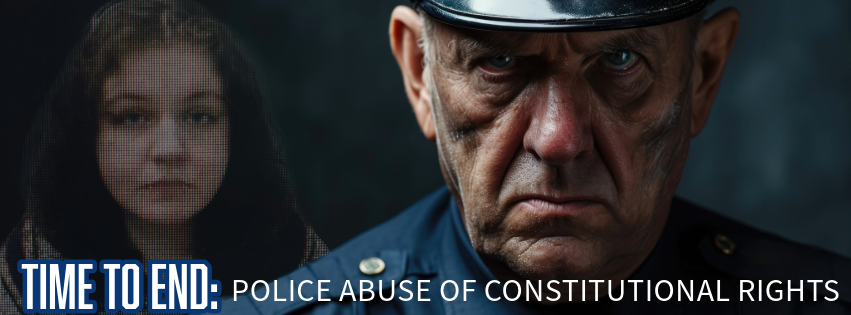De-escalation Training Needed for Officers
Urgent: De-escalation Training Needed for Officers Responding to Calls Involving Individuals with PTSD & C-PTSD
Attention All Dispatchers and Law Enforcement Officers:
This is an urgent call to action regarding the critical need for improved training when responding to calls involving individuals experiencing Post-Traumatic Stress Disorder (PTSD) and Complex-Post-Traumatic Stress Disorder (C-PTSD).
Recent incidents have highlighted the dangers of a lack of understanding surrounding PTSD/C-PTSD and how it can manifest in crisis situations. Tyrant-like behavior from officers towards individuals already in a heightened state of distress can have devastating consequences.
The Problem:
- Individuals with PTSD and C-PTSD may exhibit emotional outbursts, hypervigilance, or difficulty following instructions due to flashbacks or triggers.
- Officers unfamiliar with PTSD and C-PTSD may misinterpret these behaviors as aggression or defiance.
- A forceful approach can escalate the situation, leading to injury or even death for the individual and a heightened risk for officers.
The Solution:
- Mandatory De-escalation Training: All officers require comprehensive training on recognizing and responding to individuals with PTSD and C-PTSD.
- Trauma-Informed Approach: Training should focus on active listening, building rapport, and utilizing calm communication techniques.
- Crisis Intervention Teams (CIT): Invest in specialized CIT units trained to handle situations involving individuals with mental health conditions, including PTSD and C-PTSD.
Benefits:
- Improved officer safety and reduced risk of violence.
- Builds trust and cooperation between officers and the community.
- Positive outcomes for individuals experiencing a PTSD and C-PTSD crisis.
Taking Action:
- All officers are urged to seek out additional resources on PTSD and C-PTSD and de-escalation techniques.
- Supervisors should review current protocols and identify areas for improvement.
- Advocate for mandatory de-escalation training within your department.
Remember: A calm and understanding approach can make all the difference in these critical situations. Let’s work together to ensure the safety of both officers and the public we serve.
Resources:
- National Center for PTSD: [National Center for PTSD ptsd.va.gov]
- International Association of Chiefs of Police (IACP): [International Association of Chiefs of Police policeforum.org]



